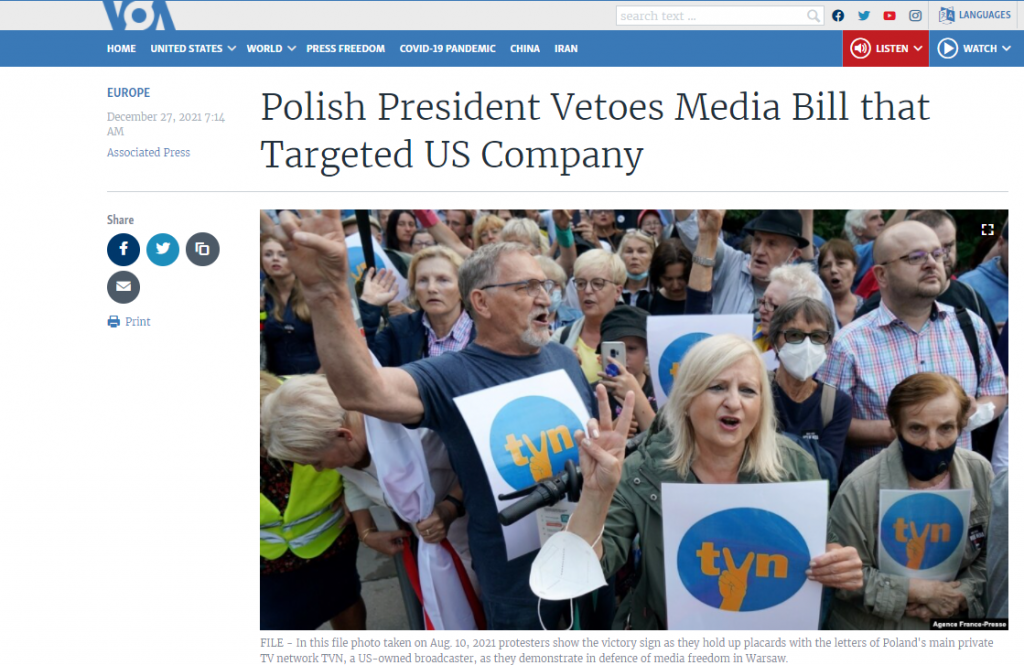
Source
Jerusalem24 is a Palestinian station broadcasting from Ramallah on 106.1 MHz. Established in May 2021, and inaugurated on 7 October 2021, it’s funded by the European Union to cover the Israeli-Palestinian conflict and talk about the impact on the lives of people in the territories. The editors say they criticise both Israel and the Palestinian Authority “but in a professional way“. The programmes and website are in English, but news bulletins are broadcast in Hebrew with the intention of seeking Israeli “ears”, to give them a chance to hear another voice. A voice that speaks to them about the segregation of Palestinians and the daily difficulties they face, such as power cuts or long waiting times at checkpoints for border workers.
A success story

Source
Jerusalem24 is owned by Afkar Productions Company, a company founded in 2014 by a group of young journalists. The business started with the multimedia platform “24FM“, which was created to disseminate professional information and became one of the most popular radio stations. Later Afkar started a news website and 7 years later created an English-language radio station linked to the “Jerusalem24″ website.

